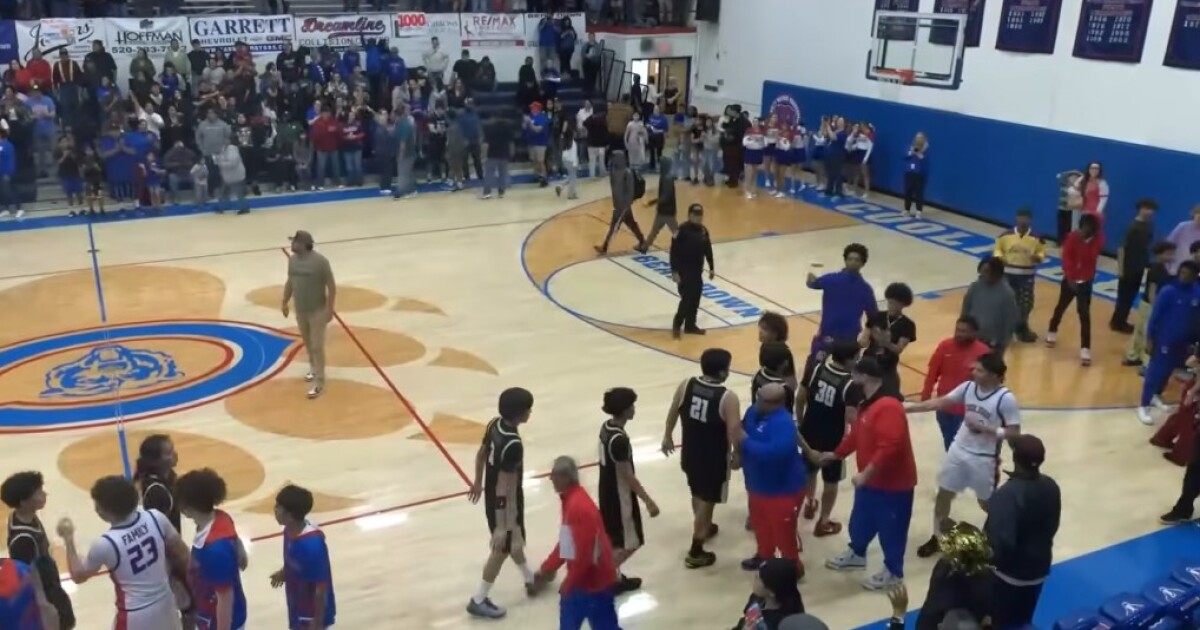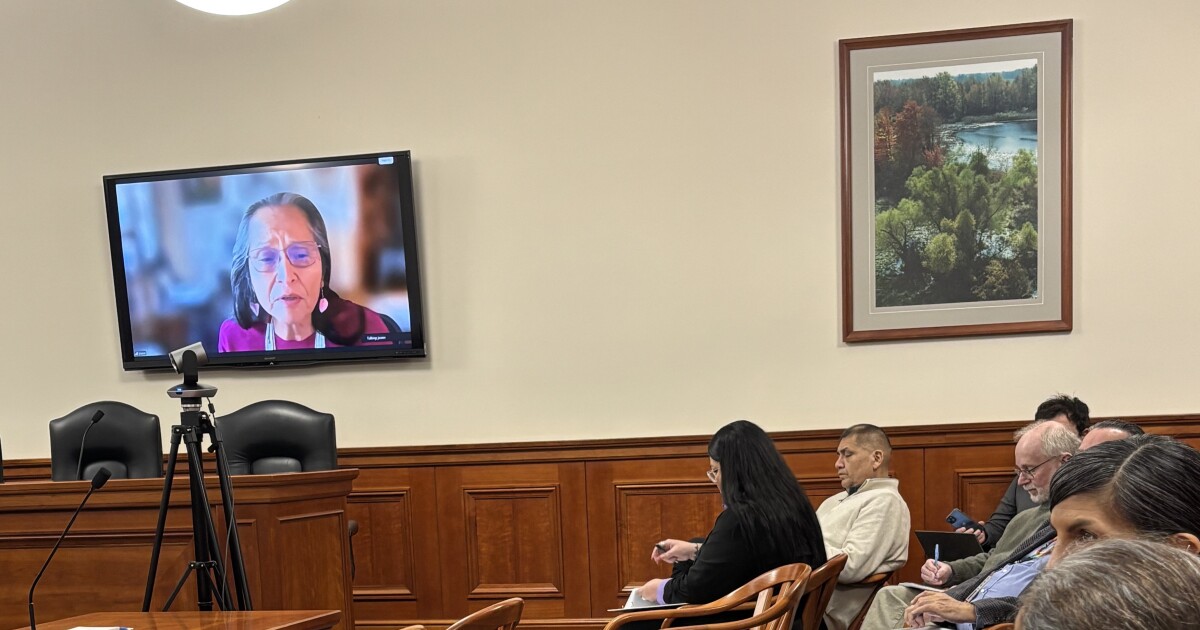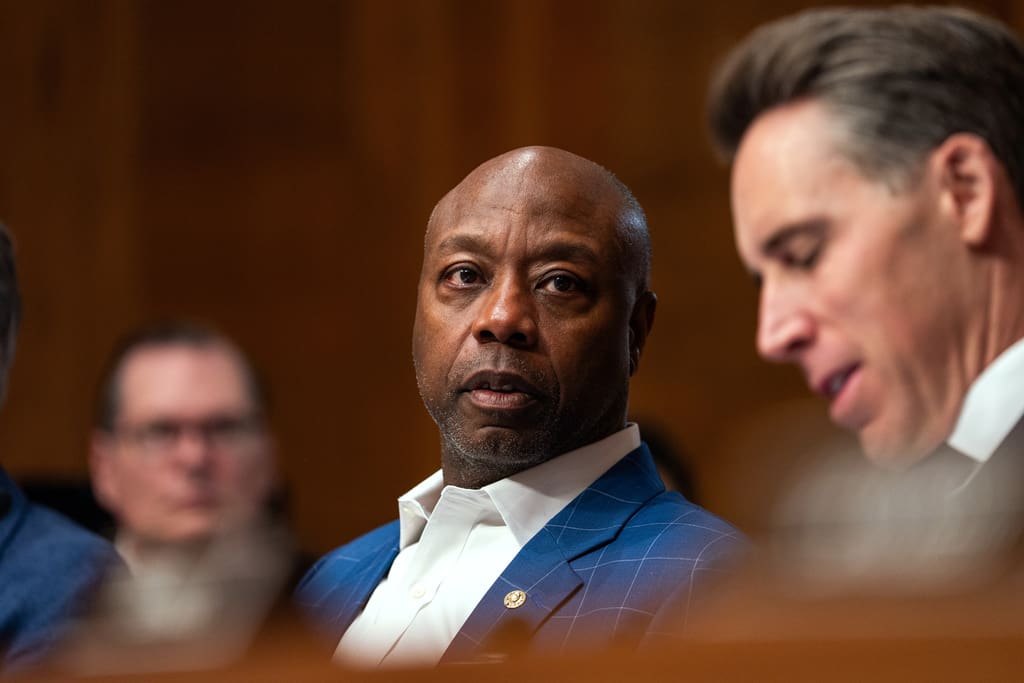Legal Challenge Over Earmarks in Michigan’s Budget
The debate over earmarks in Michigan’s budget is reaching the courtroom, as the Michigan Court of Claims prepares to deliberate on a case concerning financial allocations for local ballparks. This case raises significant questions about legislative practices and constitutional requirements.
The Mackinac Center for Public Policy has filed a lawsuit asserting that the state’s current budget violates legal stipulations by allocating funds to ballparks in Lansing and Utica without securing the necessary legislative backing.
According to the state Constitution, any public expenditure for “local or private purposes” mandates a two-thirds majority approval in the Legislature.
Patrick Wright, Vice President for Legal Affairs at the Mackinac Center, emphasized the importance of legislative adherence to these constitutional mandates. “Our hope is that there’ll be more awareness of what’s occurring, there’ll be a little bit more care taken by the Legislature. We hope that it’ll mean for a smaller budget and that it’ll be more focused on broader things for the state in general,” he stated.
Earmarking funds has long been a strategy to secure votes for spending bills, often emerging at the final stages of budget approvals. Despite their utility, earmarks have come under scrutiny, with investigations such as the recent probe into a $20 million grant, as reported by The Detroit News.
The lawsuit aims to either recover the funds designated for the ballpark renovations or prevent future allocations without the required supermajority. This could potentially impact legislative negotiations as the October 1 deadline for passing a new budget looms, threatening a partial government shutdown.
Wright acknowledged the potential for important earmarks to still pass with sufficient support. “If a locality wants something and they can convince two-thirds of each chamber, that’s great, that should happen. But it shouldn’t happen as a partisan tool in order to try to keep their members elected,” he remarked.
The current budget contains specific criteria for the ballpark funds, such as being located in a city with a population between 5,000 and 5,500, effectively targeting one recipient. This approach has historical precedent, with similar language used in past budgets.
Despite existing case law allowing such targeted policies, Wright argued that these provisions are problematic within a one-year budget framework, as population shifts are unlikely to meet the criteria in such a short timeframe.
The Michigan Department of Labor and Economic Opportunity, a defendant in the lawsuit, did not respond to inquiries by the deadline last Friday.
—
Read More Michigan News










